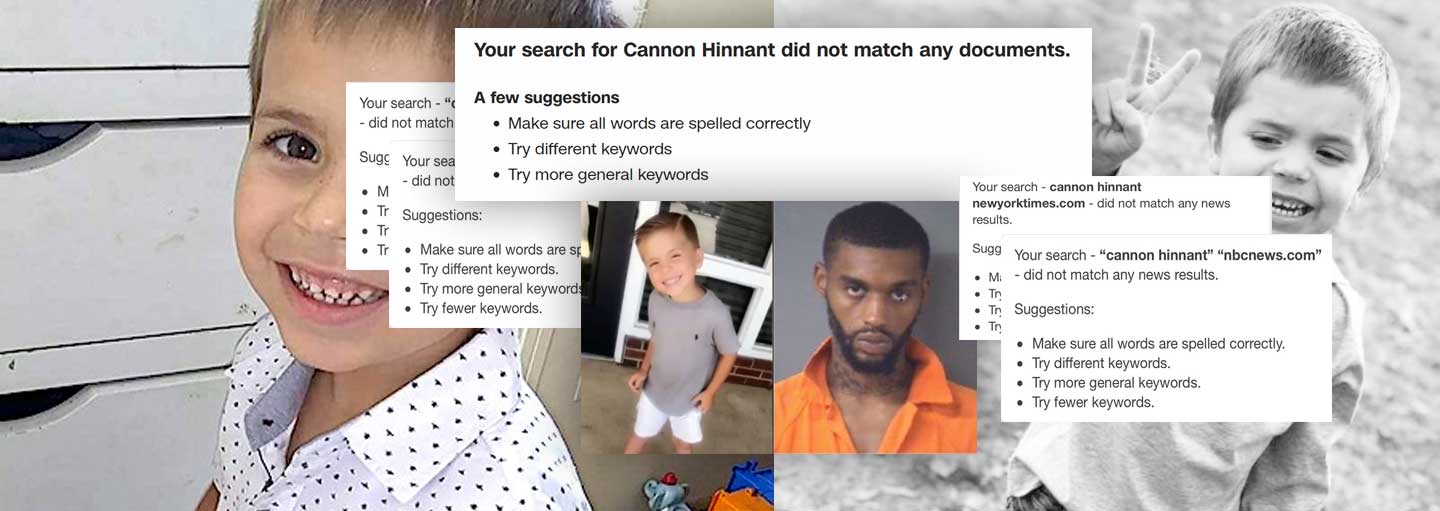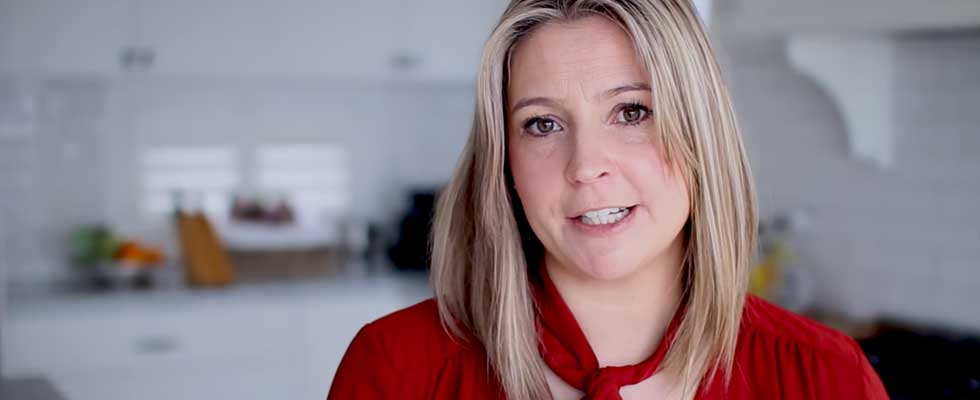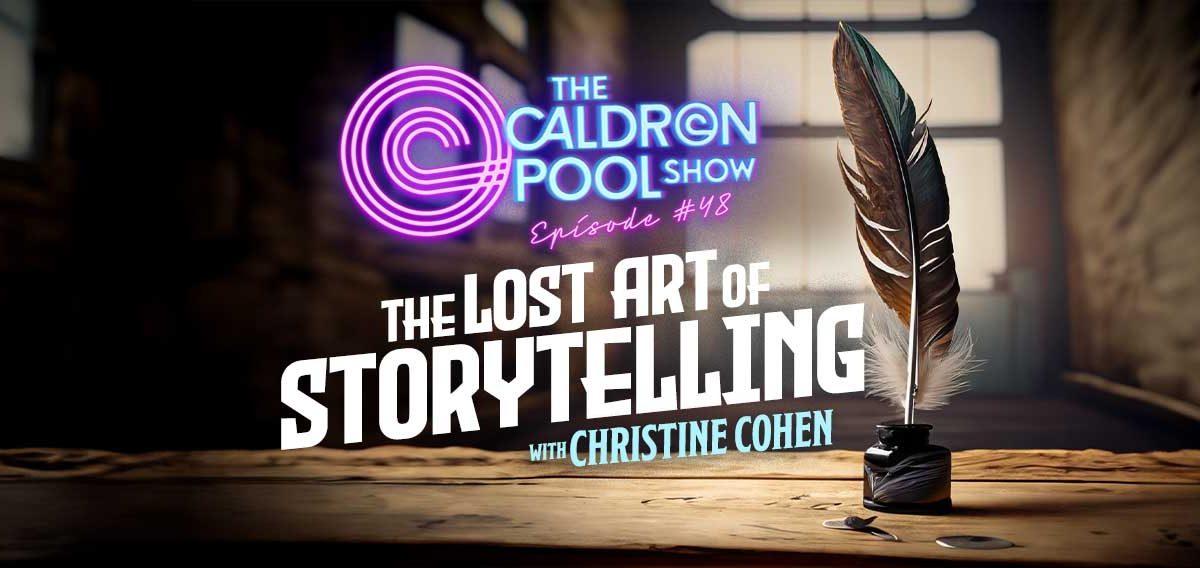In January, a few members of our church put on our masks, boarded planes, and traveled to the Founders Conference, where we heard from the likes of Voddie Baucham, James Dolezal, Tom Ascol, and the leaders of Just Thinking, Virgil Walker and Darrell Harrison. In short, the trip, drenched in warm Florida sun, was encouraging, and the messages, saturated with biblical truth, were edifying—especially with respect to the subject of standing for Christ in an age that has become increasingly hostile towards Christians.
Addressing that subject and the new religion of universal autonomy and equality, Tom Ascol and Jared Longshore have released a new book called Strong and Courageous: Following Jesus Amid the Rise of America’s New Religion. Falling in line with newer books like Glenn Sunshine’s Slaying Leviathan and Rod Dreher’s Live Not by Lies, as well as older books like Francis Schaeffer’s A Christian Manifesto, and even older books like Samuel Rutherford’s Lex Rex: The Law and the King and Junius Brutus’s Vindiciae Tyrannos: A Defense of Liberty Against Tyrants, this new volume promises to bolster the church at a time when public silence and civil cowardice are spreading faster than COVID.
In other words, this book comes at a time when Christians and especially pastors need courage. And this will be a book I hand to many pastors, as it provides bold and biblical arguments that stand against the online pablum that undercuts biblical courage with Christian civility (read: niceness). Indeed, when a Christian’s best testimony to his neighbors is found in waiting patiently for governing officials to permit churches to gather again, thus denying Christ’s command to gather, we have a new instance of Corban—replacing the law of God with human traditions. But thankfully, some are seeing through this misguided application of Scripture and are providing solid food for God’s flock. And in Strong and Courageous, Ascol and Longshore do just that.
In particular, they observe how Christians have been lulled into a secular idea of love that says, “If you love me, you will affirm me, no questions asked.” Whether Christians recognize the connection or not, too many have been led to believe that loving neighbor means affirming and embracing the edicts of the government, no questions asked. Sure, many want to believe that their governors are doing what is in their best interest, but this gets to a fundamental question about what governors are for and how far governments can reach—do they really have the God-given authority to prescribe how your church worships? The answer is ‘No.’ Strong and Courageous gets into this subject and shows how governors have overreached—both with respect to America’s Constitution (as well as the constitutions of various states) and with respect to God’s appointed design for human rulers. For this reason, I highly commend the book.
Too many Christians have been led to believe that loving neighbor means affirming and embracing the edicts of the government, no questions asked…
Still, government overreach is not the point I want to highlight here. Instead, I want to stem the tide of defining Christian love in worldly ways (i.e., making moral commitments that are based on modern sentiments, rather than inspired Scripture). I fear that many Christians are attempting to bind the consciences of others in the name of Christian love with practices and priorities that do not come from Scripture itself. Rather, love has been (re)defined by a cultural catechesis delivered in public schools, by governing officials, and through an endless stream of social media influencers. Not to mention the fact that churches have done little to teach what Scripture says about church and state.
All told, Christians need to go back to Scripture and ask: What does it mean to love my neighbor? Romans 12 would be a good place to start. But outside of Scripture, Strong and Courageous provides a good counter-argument that the most loving thing we can do is to do all that our governors are saying. Actually, as they argue, the most loving thing we can do is call governors back from tyranny and fellow citizens to know the true love of God.
(N.B. If defying tyrants is an uncommon phrase, or if you are uncertain about what a tyrant looks like, go back to the list of books at the top, starting with Slaying Leviathan, and pick one up. Church history has much to offer in recognizing tyranny and understanding what Christians must do in response. American Christians have lived in relative freedom for so long, our “defying tyrants” muscles are flaccid. Some don’t know we even have them, or need them. But we do. For without that biblical duty, we cannot properly love God or our neighbor.)
Now, here is the quote in full.
You will have all sorts of trouble defying tyrants if you are confused about love. Secularism has attempted to change the dictionary so that love is essentially accepting someone for who they are. But God is the one who defines love. Jesus was pretty loving, and He got crucified. People hated Him. But the evangelical mind says that if people hate you, then you must not be loving. You certainly could have been more charitable. “What did you expect?” they say, “You disobeyed your civil authorities. Your witness is now shot.’ But genuine love “does not rejoice at wrongdoing, but rejoices with the truth” (1 Corinthians 13:6). If civil authorities mandate wrongdoing, then to defy them is love to neighbor. We have heard many Christian leaders say something like, “We decided that the most loving thing we could do was wear a mask. We decided just to love our neighbor during this season and not meet.” Our response has been, “We decided to love our neighbor and assemble the church.” What could be more loving to neighbors than to keep up the public worship of the God who gives life to all people?
Defying tyrants is not only a way to love fellow citizens. It is actually a way to love the tyrants themselves. Anytime people with authority abuse that authority, a loving person would tell them. How much do you have to hate someone to let him go on ruling as a tyrant? Many Christians across America have objected to various kinds of arbitrary civil orders. Pastors have been fined. Christians have been threatened, and some arrested. If we are not careful, we can think that those who object are the “defying tyrants kind of Christians’ and those who comply are the “peace-loving, gentle, humble, and gracious-kind-of-Christians.” But that set up is wrong-headed. Those believers who have respectfully and humbly protested injustices from civil magistrates have been the ones who have loved. We cannot say that those who have remained silent about criminal overreach from governmental authorities have been loving. They have been silent. But that is an altogether different thing than being loving.
We need a fresh understanding of the cost of love. Jesus said, “Greater love has no one than this, that someone lay down his life for his friends” (John 15:13). By God’s grace, we are not yet at the point where martyrdom is a common experience in the Christian West. But our brothers and sisters from around the globe have reminded us many times that their persecution has made them strong, and our prosperity has made us weak. Genuine love for neighbor will be sacrificial. When we defy tyrants, there will be a price to pay. We should prepare ourselves to lose our resources, our incomes, our buildings, and more. Such losses shall come in the pursuit of our neighbor’s welfare.
Along with the love of neighbor and governing authorities, defying tyrants involves the love of country. Our nation has been blessed of God in many ways. In its founding and for much of its history, our nation has recognized that there is a God in heaven. America has acknowledged, not adequately enough at times, that God endowed His image-bearers with inalienable rights. The country certainly has not always lived up to that ideal. The abominable slave trade is a glaring example. The holocaust of abortion is the modern-day indictment. But it was that very pre-commitment to the image of God in man that eventually led to the end of slavery.
Those who would abide tyranny must be asked, “Do you love your country?” The deconstructive forces that have been unleashed on our nation have an agenda. They have a goal to completely overthrow and pull down what has been good and blessed of God in this nation. Again, America has all kinds of paganism in it; it is godless in many ways. But many have lived and prospered in this nation. And there is a heritage of Judeo-Christian thought and principle that still speaks today if we take time to listen. From the shores of this country the gospel has sounded forth around the world. Ours is a nation worth standing up for. So we must resist governmental oppression. We must defy tyrants. We resolve to proclaim the kingship of Jesus over every square inch of this nation and His world, which He created. (pp. 55–57)
Today, many leading voices are not urging churches to gather, are not recognizing the tyranny of rulers, and are not loving their enemies or their neighbors as Scripture instructs. Because they are loving others like the world loves others and seeking to win the world by the accommodating themselves to the world, they are actually undercutting their ability to preach Christ as a Savior who is radically distinct from this fallen world. This will not do. Friendship with the world always results in estrangement with God. Moreover, it makes the church impotent to reach the lost. As I learned from 9Marks so long ago, the church is most effective in reaching the world when it looks the most distinct from the world. Sadly, many well-meaning Christians, churches, and pastors are missing this mark and are shaping their services—when they are meeting—by strictures of love that come from culture more than Scripture.
With that in mind, we must spur one another to love as God commands in Scripture. We must not let our current climate of fear and social distance define love for us. Instead, we must learn afresh what it means to love our neighbors and what it means to love our governors. Even if legitimate health concerns prevent individuals from gathering with others, they must be all the more diligent to lament their inability to do all that Christ has commanded. Certainly, this absence should lead to a revival of fasting and praying, not contentment with online services. Estranged Christians must seek the Lord to discern how they can and should obey all the commands of Scripture to love one another. This is the point Strong and Courageoushelps us to see: love of neighbor and love of governor do not mean silently doing all that the governor says, when we know it is not good or right.
We must not let our current climate of fear and social distance define love for us.
Instead, love of neighbor means doing all that the Law commands (Romans 13:8ff.), even when it costs us. Might we say, even when it kills us. This is the way of Christ, right? Love of neighbor in perilous times means searching the Scripture to gain a conviction about what is right, and then doing what is right with growing comfort in the fact that obeying God will invite others—those outside the church and many inside the church—telling us we are wrong. But clearly, when we are seeking to obey all that Christ commands, and not to play a game of obeying some of his commands now so that we can obey others later, we are not thinking biblically.
To get specific, love for God and love for neighbor includes a command gather for worship, to sing God’s praises in public, to show hospitality, to greet one another with holy affections, to move towards one another in love, and not to adopt habitually a lifestyle that moves away from others. All of these acts of love are biblical imperatives. They are commands of Christ that stand firm even when—no, especially when—the world panics over death and disease.
Yes, it is loving to wear a mask as a tool that serves others in confined spaces and times. I am not denying the place of masks, or vaccines, etc. But when affirming all the governor says, no questions asked, becomes the new standard of morality, then we have moved far away from biblical love. Indeed, we need remind ourselves what Scripture says about biblical love, and when we do that, we may just begin to realize how much our current habits of life and definitions of love have been shaped by the world and not the Word.
But don’t take my word for it. Go back to the Bible and consider what Christ-like, sacrificial, cross-carrying love looks like. What would such a resurrection-conscious love look like in a world that teaches us round-the-clock to save our lives and the lives of others by means of man-made policies and “medically-proven” PPE’s. Is it possible that such emphases might misshape the gospel and what it means to be a disciple? I believe so. As Jesus said, “For whoever would save his life will lose it, but whoever loses his life for my sake will find it.” (Matthew 16:25)
Soli Deo Gloria.
This article was originally posted on David Schrock’s website, Via Emmaus.



















